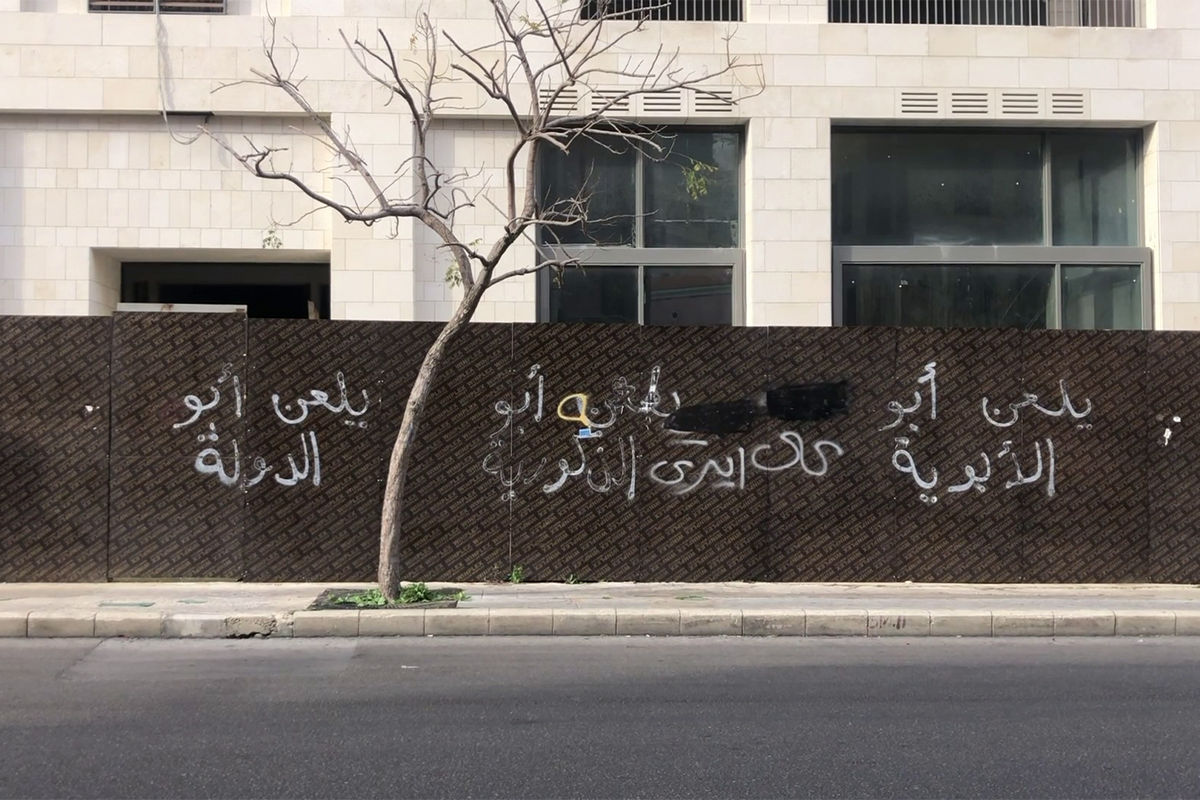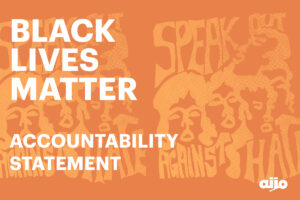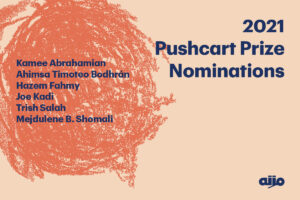
Remembering the Beirut Port Explosion
On August, 4, 2020 a portion of the 2,750 tons of ammonium nitrate, kept in the centrally located port of Beirut, exploded with disastrous results. Within minutes, one of the largest non-nuclear explosions in history killed hundreds of people, injured thousands, and left hundreds of thousands homeless. Though plenty of testimony, statistics, and videos have been released since last August, it is difficult to fully understand the magnitude of such an obliteration, and to articulate the shock, anger, and grief that we hold with us to this day.
Today, those of us living in Lebanon are enduring one of the worst economic crises in recent history, rendering basic necessities unavailable. The loss of life and livelihood due to lack of food, fuel, water, electricity and medicine is arguably just as violent, surreal, and devastating as the explosion itself.
These disasters must be understood as symptoms of protracted civil war, as well as the legacies of colonialism and imperialism, and the sectarian power structures they created and uphold in Lebanon. It is unsurprising that those responsible for atrocities committed during wartime, who have become politicians and members of the ruling class after granting each other amnesty, would demonstrate a fundamental negligence and intentional disregard towards human life. With violence and corruption embedded within the foundation of the state, questions about what forms of justice are possible arise.
We mourn and stand with the victims of the port explosion, who, for the past year, have demanded transparency and accountability from the ruling class; with those who, today, in a day of anger, are taking part in marches and demonstrations across Beirut; and with those who are taking the time to grieve this catastrophe, and the ones that came after.
Lamia Abukhadra
Mizna Communications Coordinator, Artist
Based in Beirut










